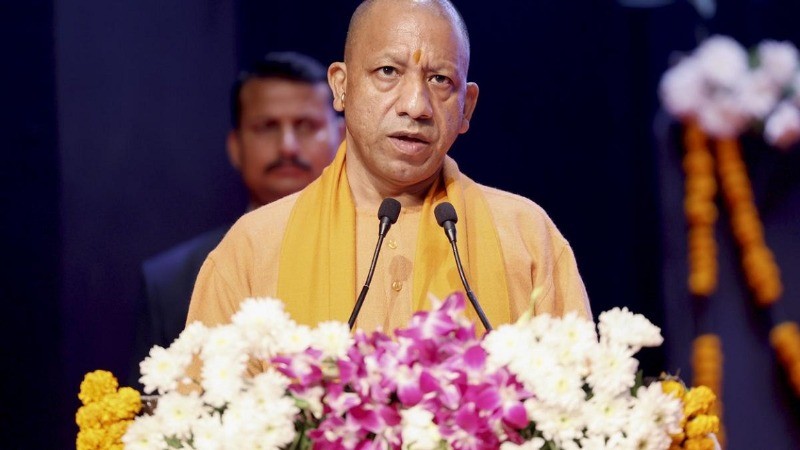
The Uttar Pradesh government, led by Chief Minister Yogi Adityanath, has imposed a six-month ban on strikes and protests across all state departments, corporations, and local authorities under the Uttar Pradesh Essential Services Maintenance Act (ESMA). This move aims to ensure the uninterrupted delivery of essential services, particularly with significant events like the grand Kumbh Mela on the horizon.
Key Developments and Reasons for the Ban
State BJP spokesperson Manish Shukla said the decision was crucial to prepare for upcoming events and to maintain essential services for both residents and visiting devotees. The ban, enforced under ESMA, seeks to safeguard critical public utilities during these high-profile occasions.
The government has also prohibited strikes by employees of the Uttar Pradesh Power Corporation Limited (UPPCL) and its five subsidiaries. This comes in light of plans to privatise the Dakshinanchal and Purvanchal power distribution corporations under a public-private partnership (PPP) model.
Opposition and Employee Concerns
The Samajwadi Party (SP), the principal opposition in the state, criticised the ban, calling it "undemocratic." SP MLC Ashutosh Sinha stated that it infringes on the constitutional rights of individuals and employees to voice their grievances, suggesting that the government aims to suppress public dissent.
Power employees have expressed strong resistance to the privatisation plans. The government clarified that under the PPP model, the ownership of land would remain with UPPCL, and there would be no retrenchment of current employees. However, unions remain apprehensive, mobilising protests against the move across the country.
Legal and Historical Context
This ban comes amid the state’s renewed efforts to privatise its "loss-making" power distribution companies, a move that has faced opposition for over two decades. Trade unions, historically a major obstacle, are currently restricted due to a pending Public Interest Litigation (PIL) in the Allahabad High Court.
In March 2023, the court directed the government to withhold one month’s salary or pension of union leaders involved in an earlier strike and warned against future disruptions to power supply. The court initiated contempt proceedings and issued warrants against union leaders for defying previous orders.
The Uttar Pradesh government’s decision to ban strikes highlights its focus on maintaining essential services during critical times. However, the move has sparked significant debate over balancing administrative efficiency and democratic rights, setting the stage for continued discussions and potential legal challenges.